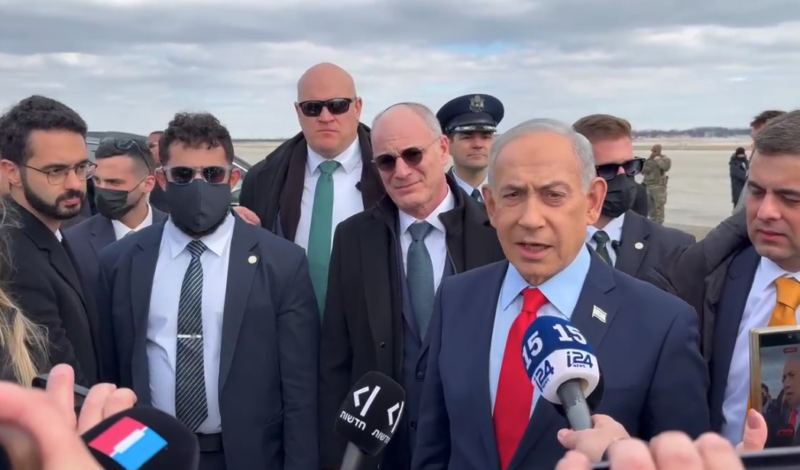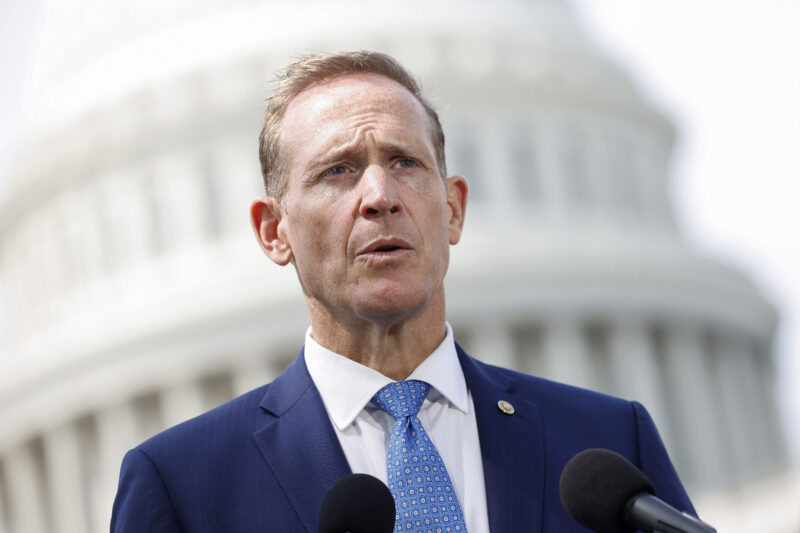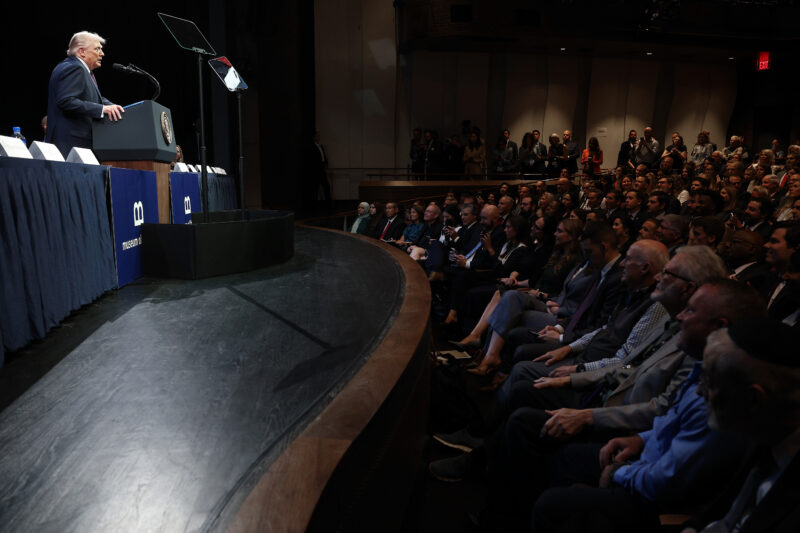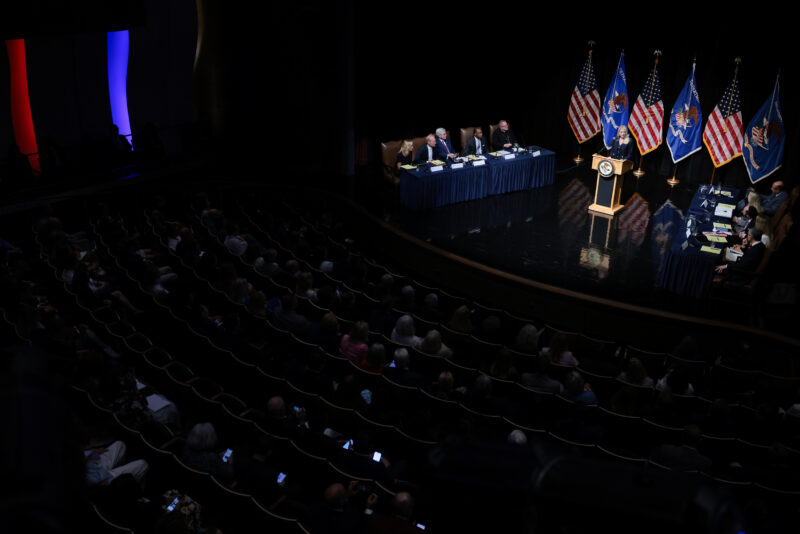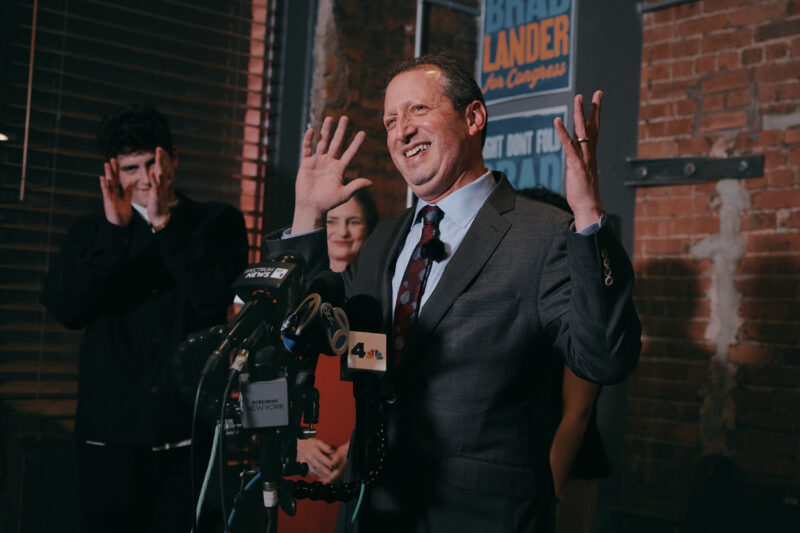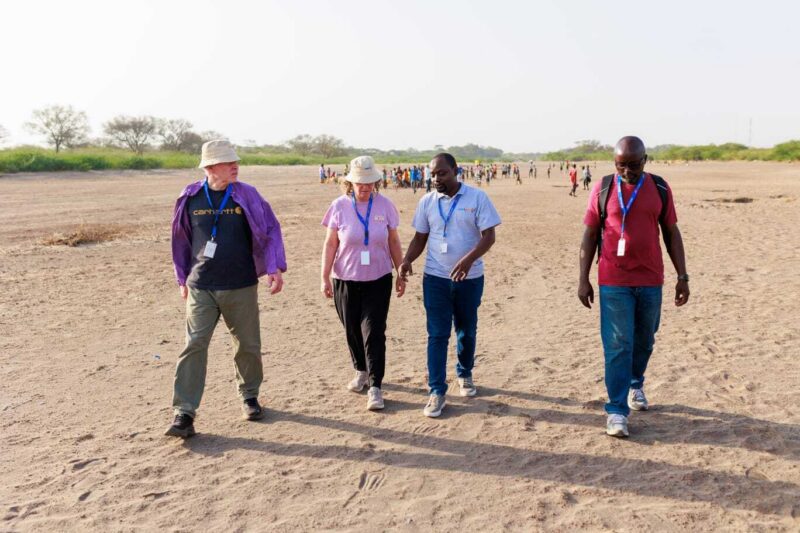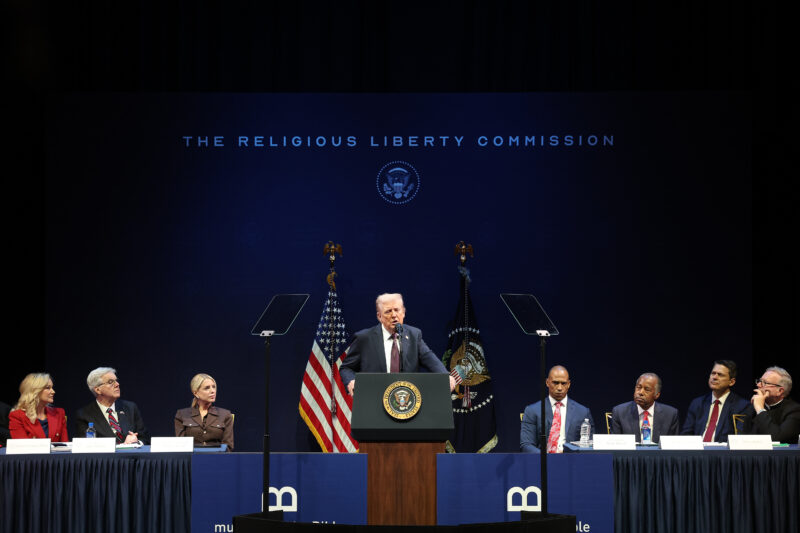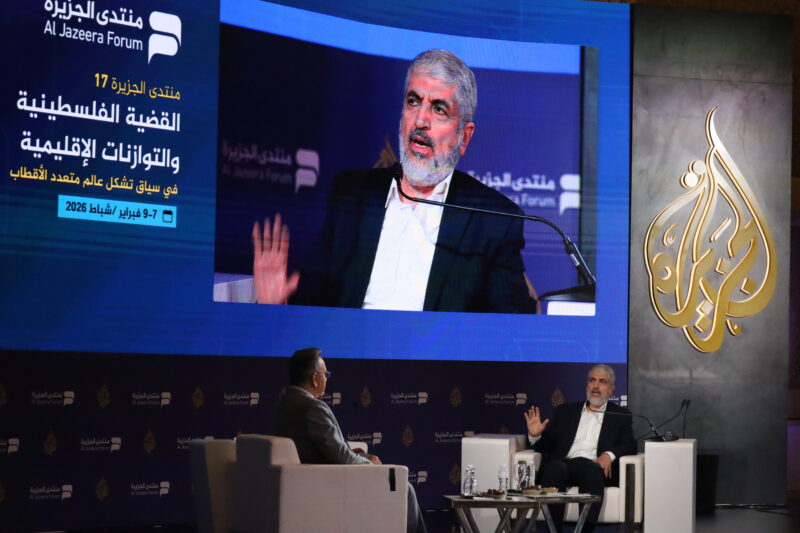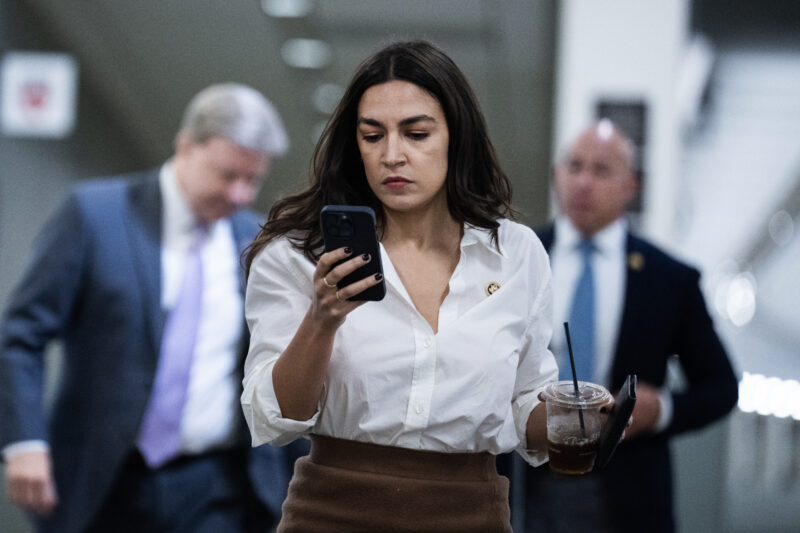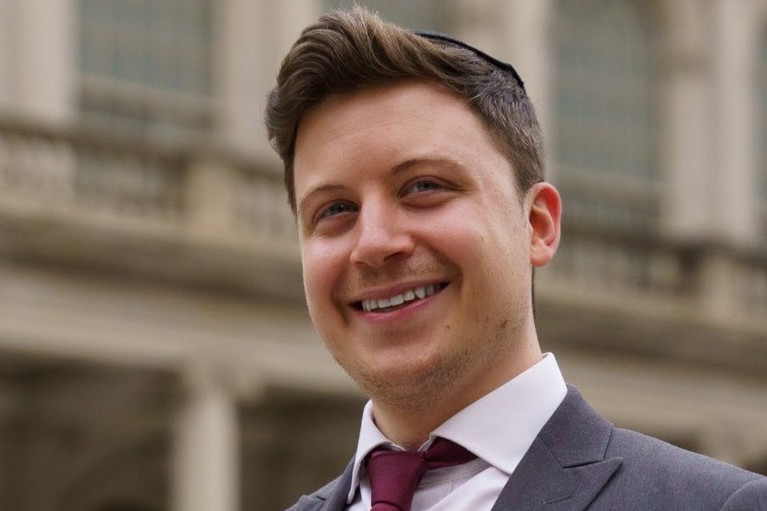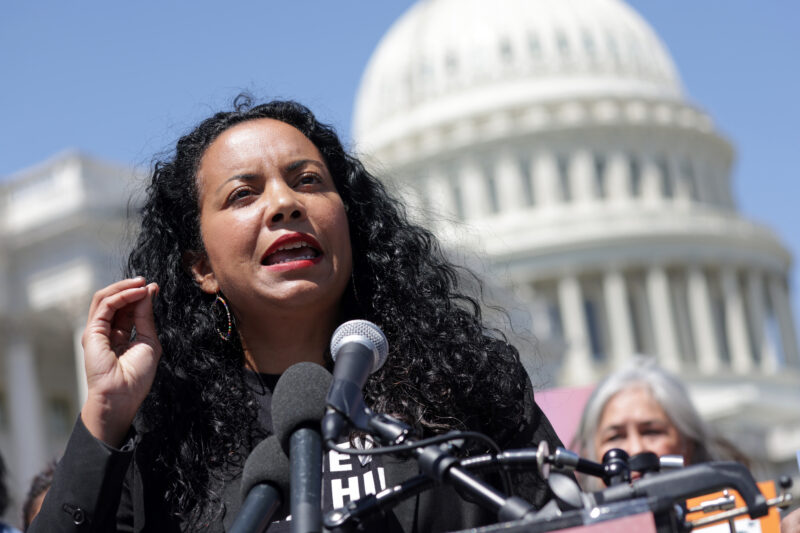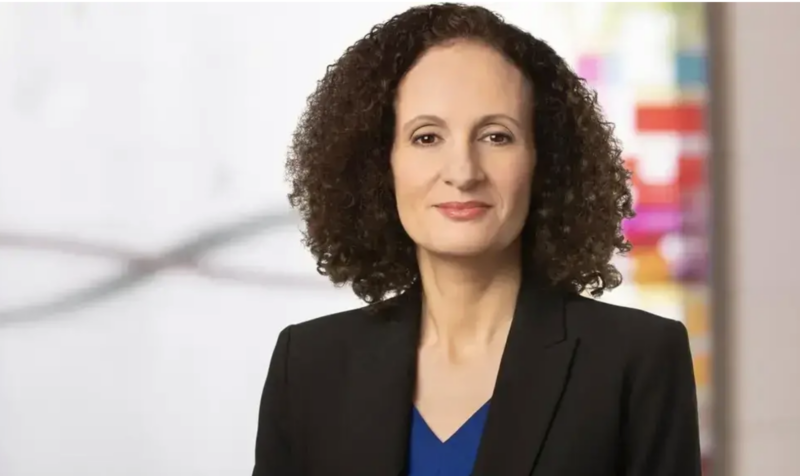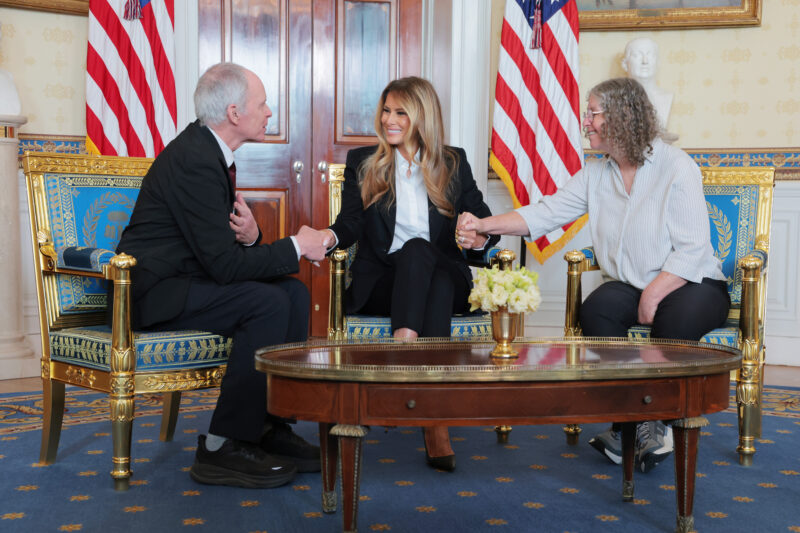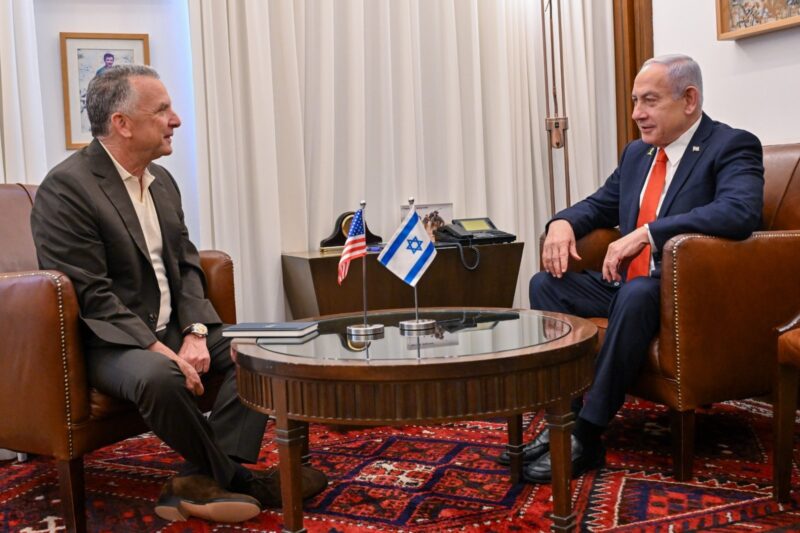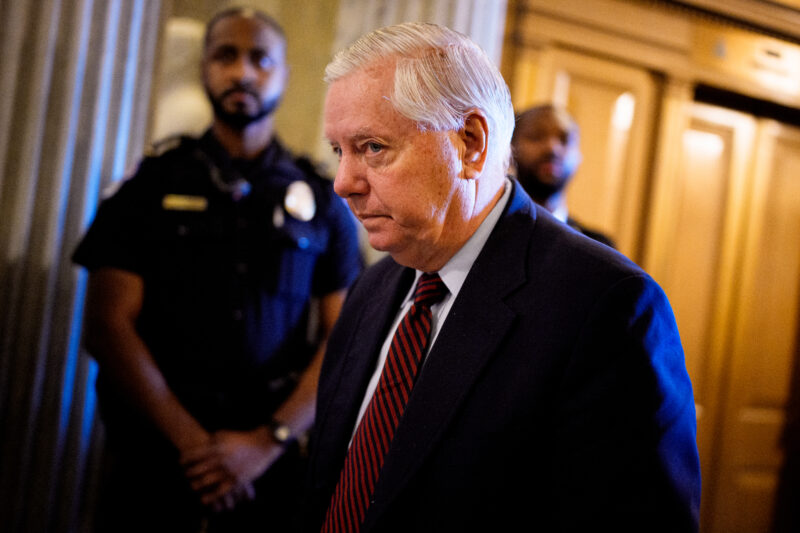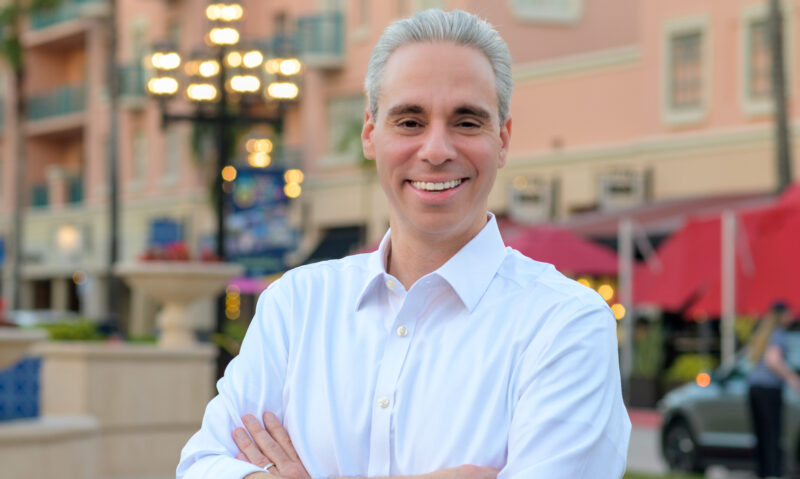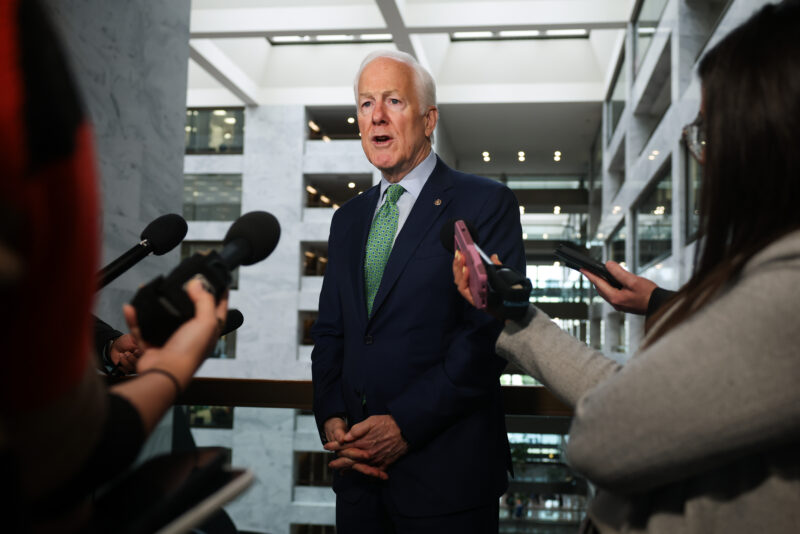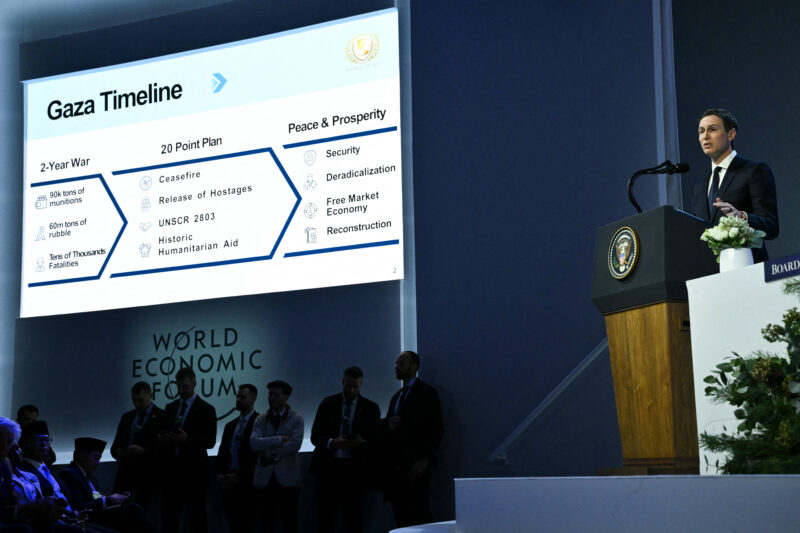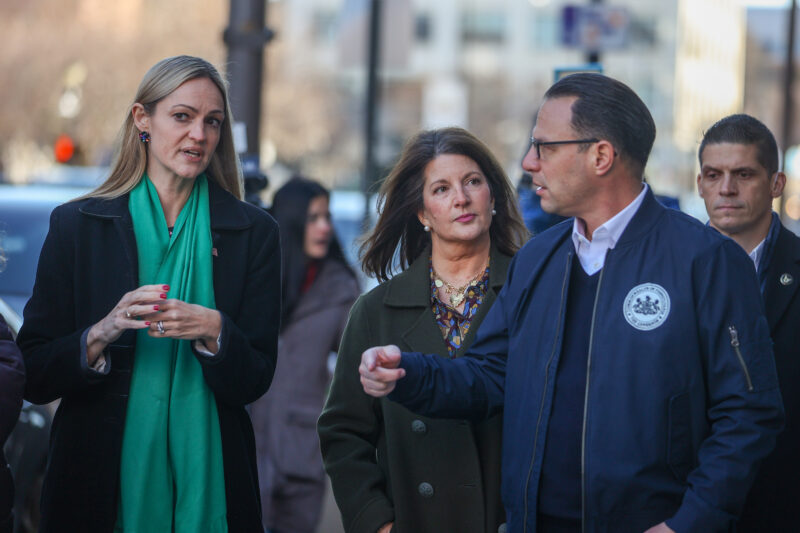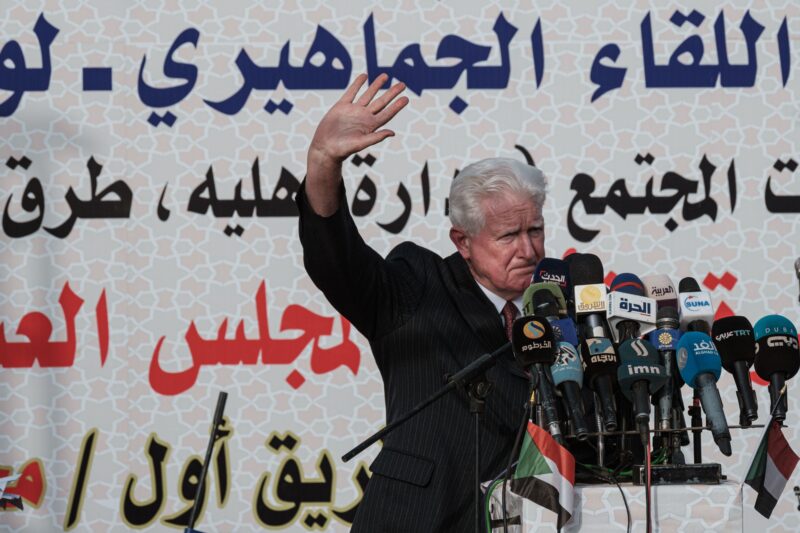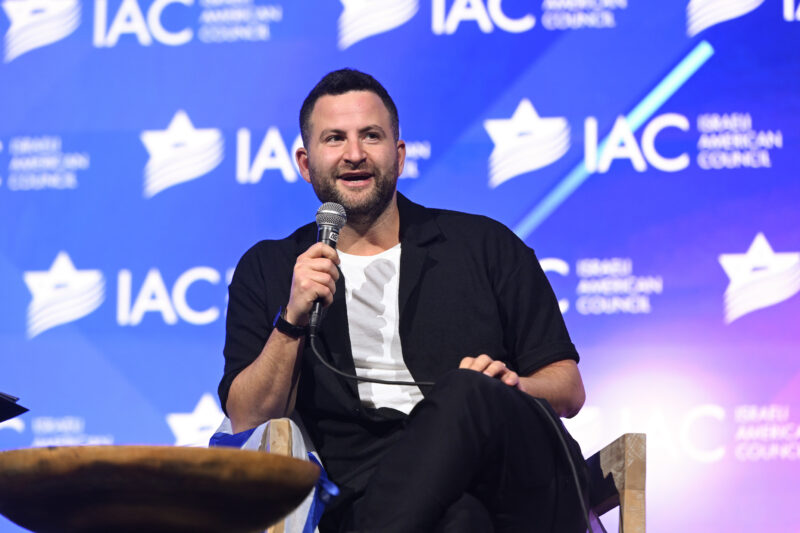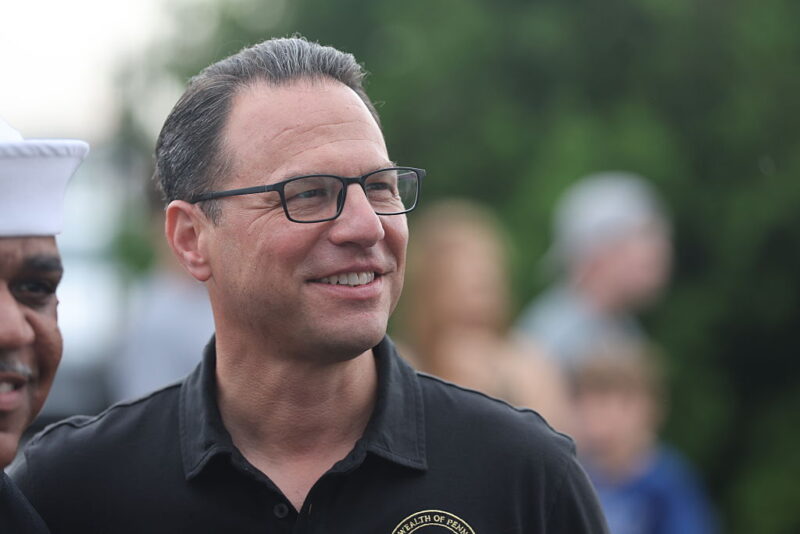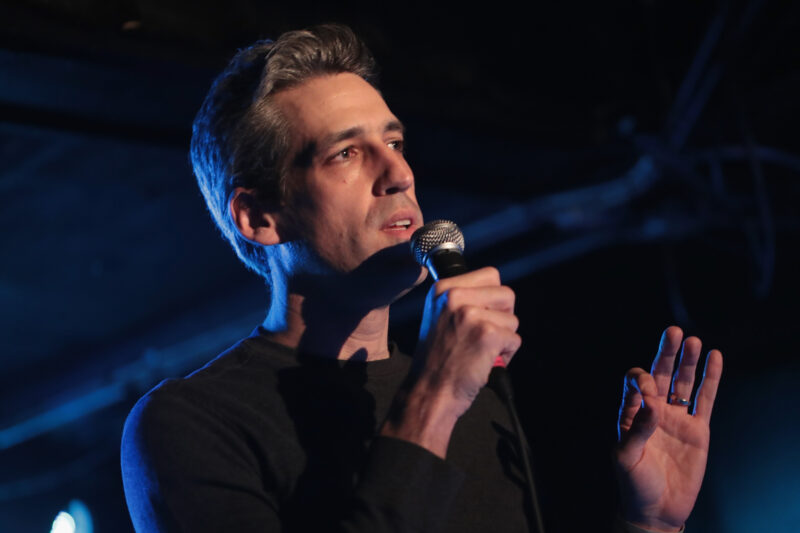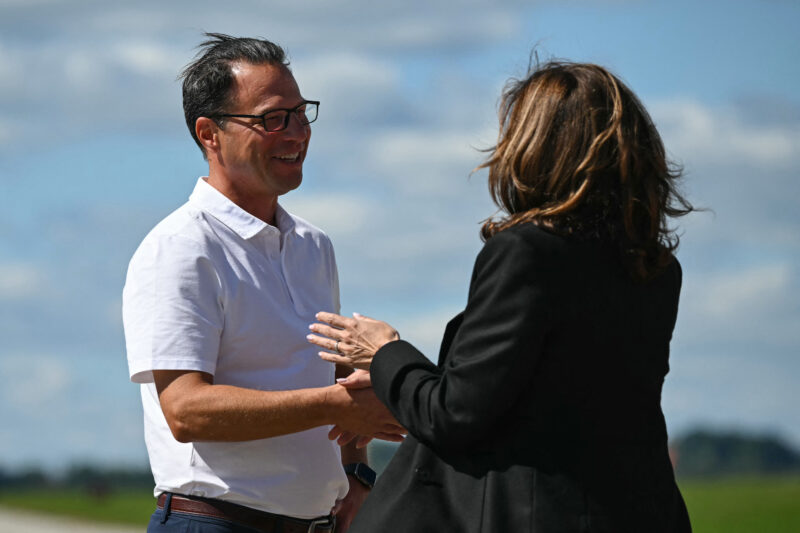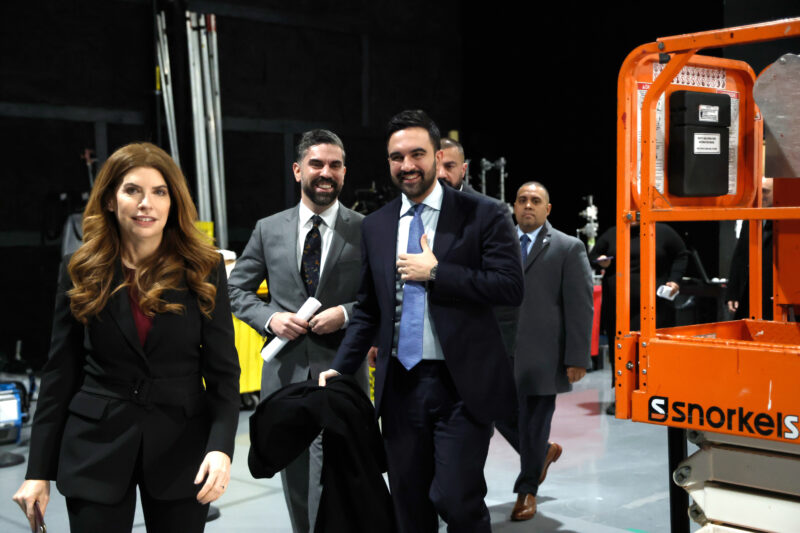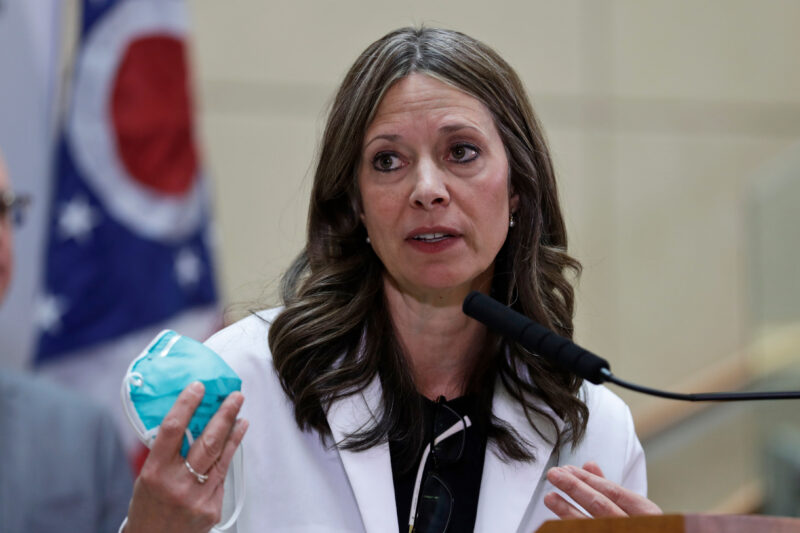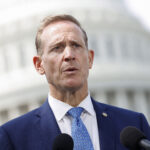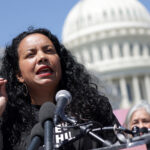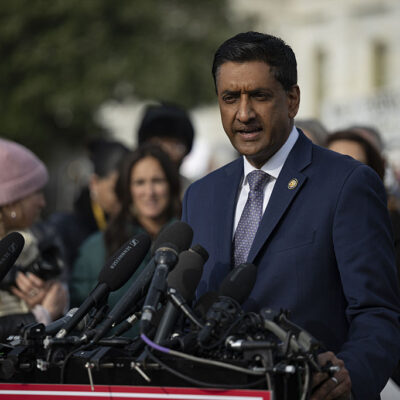Díaz-Balart vows to get ‘aggressive’ on the U.N. as Appropriations leader
The Miami-Dade congressman is taking over the subcommittee that crafts the budget for foreign aid, the State Department and other international programs

Anna Moneymaker/Getty Images
Rep. Mario Diaz-Balart (R-FL) speaks at a press conference following their weekly caucus meeting in the U.S. Capitol Building on July 19, 2022, in Washington, D.C.
Days before Secretary of State Tony Blinken announced plans to send an additional $50 million in aid to the United Nations Relief and Works Agency (UNRWA), one of the new House leaders who will have a key oversight role over that aid previewed plans to take a hard look at U.N. funding.
Rep. Mario Díaz-Balart (R-FL), who is stepping into the leadership of the House subcommittee that oversees spending levels for U.S. foreign aid, the State Department and other international programs, told Jewish Insider last week he’ll be placing every dollar that comes through the committee under strict scrutiny — with a particular eye toward funding that goes to the United Nations.
Díaz-Balart was selected recently as the chair of the House Appropriations Committee’s State, Foreign Operations and Related Programs subcommittee, colloquially known as a “cardinal,” the name given to Appropriations subcommittee heads. The role gives him the first crack at crafting the budget bill that will ultimately determine funding levels for much of the U.S.’s non-defense international spending.
“I am always reminded that this is people’s hard-earned money,” Díaz-Balart said in a sit-down interview with JI at his Capitol Hill office last week. “I think every entity in this subcommittee that receives one cent of U.S. taxpayer money, it’s going to have to show us that it’s well-spent, and it’s meritorious, and that it fulfills its original intent… [to] help our national security interests.”
He added that he has “some serious concerns” about where American taxpayer dollars have been going.
“You can’t expect the American people to take an organization seriously if they don’t take themselves seriously,” he said, referring to the United Nations. “If you have an organization, for example, that has a Human Rights Council made up of the world’s worst human rights violators, that just doesn’t pass a straight-face test.”
“I’m not willing to look the other way,” Díaz-Balart continued, emphasizing that the U.N. “better start taking itself seriously if it wants me to take it seriously” and will have to “justify every dollar.”
Díaz-Balart’s budget proposal for the U.N. is going to be “aggressive,” he said, while declining to specify whether he might seek to cut funding to the Human Rights Council entirely. The U.S. pulled out of the U.N. body during the Trump administration, a move reversed by the Biden administration in October 2021.
The Miami-Dade congressman, born to Cuban parents, has long been a prominent voice in the House in favor of Israel and against antisemitism.
Díaz-Balart described Israel as an “amazing democracy” and “one of our best allies in the world” that “shares our values, our principles,” whose location in the Middle East “makes it even more of a miracle.”
“The day that the United States loses its will to do what it needs to, to protect an ally like that,” he said, “is the day we’ve lost our will to really survive… the day that we’ve given up on who we are.” He called the U.S.-Israel relationship an issue of “mutual survival” beyond military and economic considerations.
He also emphasized the more ground-level considerations of protecting Israelis from the ever-present threat of terror attacks.
“People should be able to put [their] child on a bus and expect that child to come home and not get blown up,” Díaz-Balart said. “Unfortunately that’s something the Israelis can’t take for granted, which to me is something that hits me every single day.”
Speaking about his work on combating antisemitism, Díaz-Balart said simply that he views it as a matter of “good and evil.”
“If you’re on the side of good, well, that’s half the battle,” he said.
Díaz-Balart declined to say if he’d seek to cut off U.S. aid to the Palestinians, as the Trump administration did, but laid out concerns about the Palestinian Authority’s payments to the families of terrorists and the U.N. Relief and Works Agency’s educational materials valorizing terrorism.
“[It’s] hard for me to justify that American taxpayers spending should be going to things like that,” he said.
Outside of UNRWA, the U.S. provides direct aid to various Palestinian NGOs, which Díaz-Balart said would also have to be “looked at with a microscope.”
Díaz-Balart comes into the role as House Republicans have promised significant budget cuts across the federal government, and said that the panel is “going to have to look for efficiencies and savings.”
“Even areas that I strongly support” will receive as much scrutiny “as humanly possible in the time that we have,” he continued — noting, however, that he has a short timeline to prepare his first draft bill.
In areas like Israel and antisemitism, Díaz-Balart frequently partners with Democratic Rep. Debbie Wasserman Schultz (D-FL), with whom he co-chairs the bipartisan Latino-Jewish Caucus and the Interparliamentary Task Force to Combat Online Antisemitism.
Díaz-Balart said that, despite their differences, “I know that I can trust her absolutely,” adding that they have “real serious, tough conversations” and “I happen to be a very strong fan of hers, even despite the differences.”
“Frankly, on foreign policy issues, we don’t have a lot of differences,” he said. He also noted that he had worked closely with former Rep. Ted Deutch (D-FL), who now leads the American Jewish Committee.
Díaz-Balart and Wasserman Schultz’s partnership dates back 25 years, to their time together in the Florida statehouse. He was elected to Congress in 2002, followed two years later by Wasserman Schultz.
“It’s been a pleasure to work alongside my friend Mario over the last 25 years,” Wasserman Schultz told JI last week. “We have, of course, sparred and disagreed over policy, but when it comes to fundamental issues like combating antisemitism and maintaining bipartisan support for the U.S.-Israel relationship, we are in near lockstep. I am proud to see him move into this new leadership role and look forward to continuing our strong partnership.”
Please log in if you already have a subscription, or subscribe to access the latest updates.




